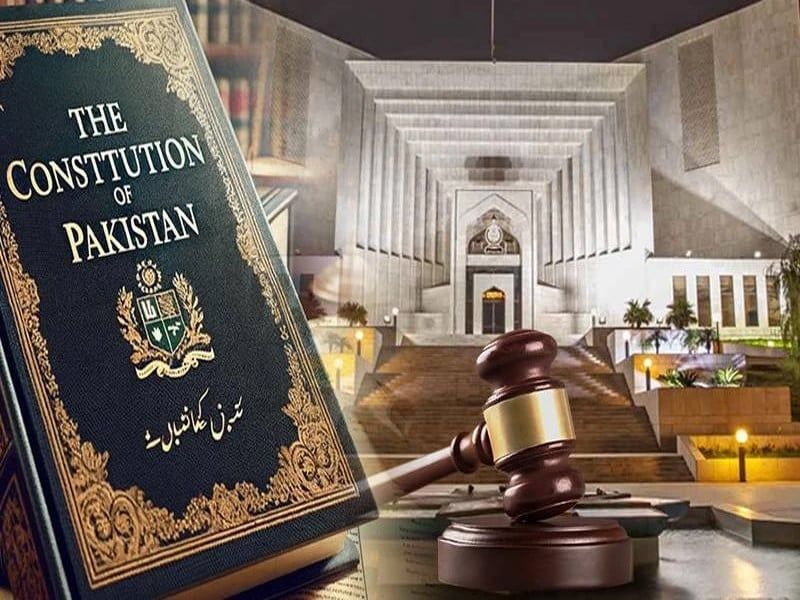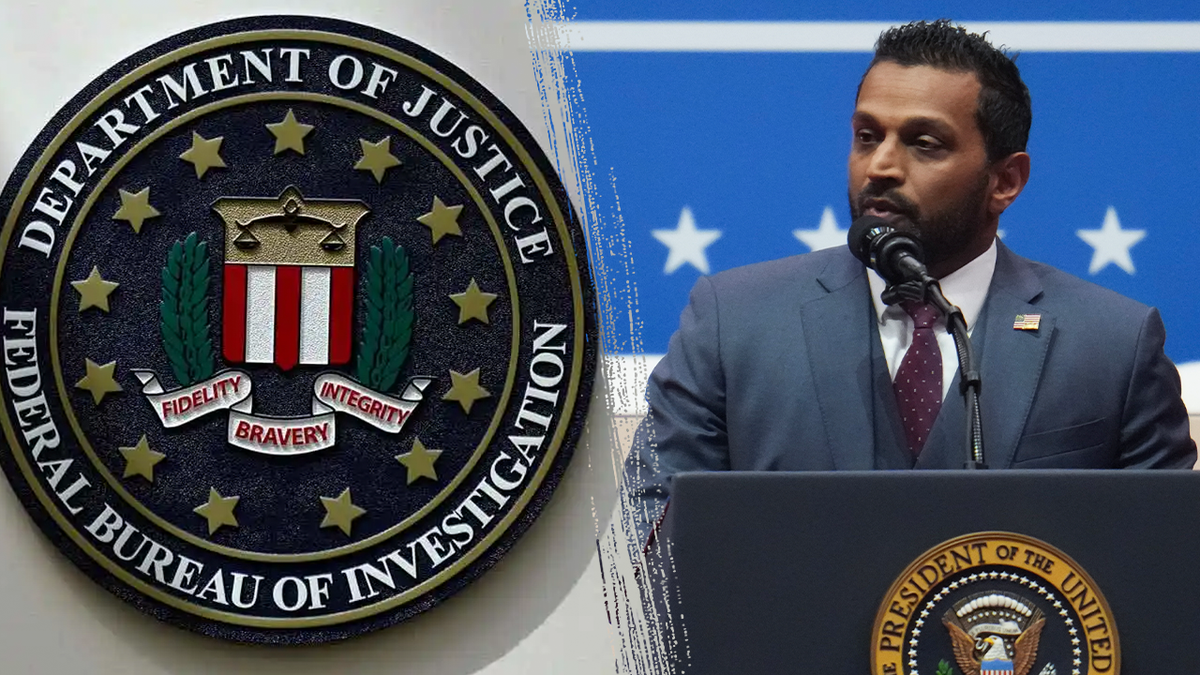Amidst financial constraints affecting essential services, Fulton County, Georgia, has taken a step towards exploring reparations for descendants of slaves. The Board of Commissioners recently approved $210,000 in funding for a study to assess the potential need and form of such a program. This decision has sparked debate, with some officials raising concerns about the cost and potential divisiveness, while others emphasize the importance of addressing historical injustices.
The study, a collaborative effort between the county's leadership and the Atlanta University Center, will investigate whether reparations are justified for eligible residents. Commissioner Bridget Thorne voiced opposition, citing the financial burden on taxpayers at a time when the county faces funding shortages for crucial services like jails and hospitals. She also questioned the study's scope, which is limited to events up to 1980, excluding more recent local initiatives.

The downtown skyline of Atlanta, Georgia. (Dustin Chambers/Bloomberg via Getty Images)
Conversely, Commissioner Khadijah Abdur-Rahman, a proponent of social and economic justice, supported the study, emphasizing the need to determine the appropriate form of reparations, whether educational or financial. This initiative reflects a broader national discussion on reparations for Black Americans affected by the legacy of slavery, with states like California also considering similar programs.

The Georgia state Capitol in Atlanta. (Joe Sohm/Visions of America/Universal Images Group via Getty Images)
Mike Russell, a member of the Fulton County Reparations Task Force, acknowledged America's efforts to address past injustices but also recognized the potential for division. He suggested that eventually, moving forward will require letting go of the past.
Commissioner Thorne expressed skepticism about the study's funding, suggesting it was a superficial gesture compared to the complex challenges of funding hospitals and jails. She argued that the study's limited scope overlooks substantial investments made by Fulton County taxpayers in supporting marginalized communities since 1980. Thorne questioned the rationale of providing reparations to individuals who were not enslaved, funded by those who never held slaves.









